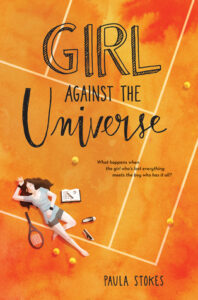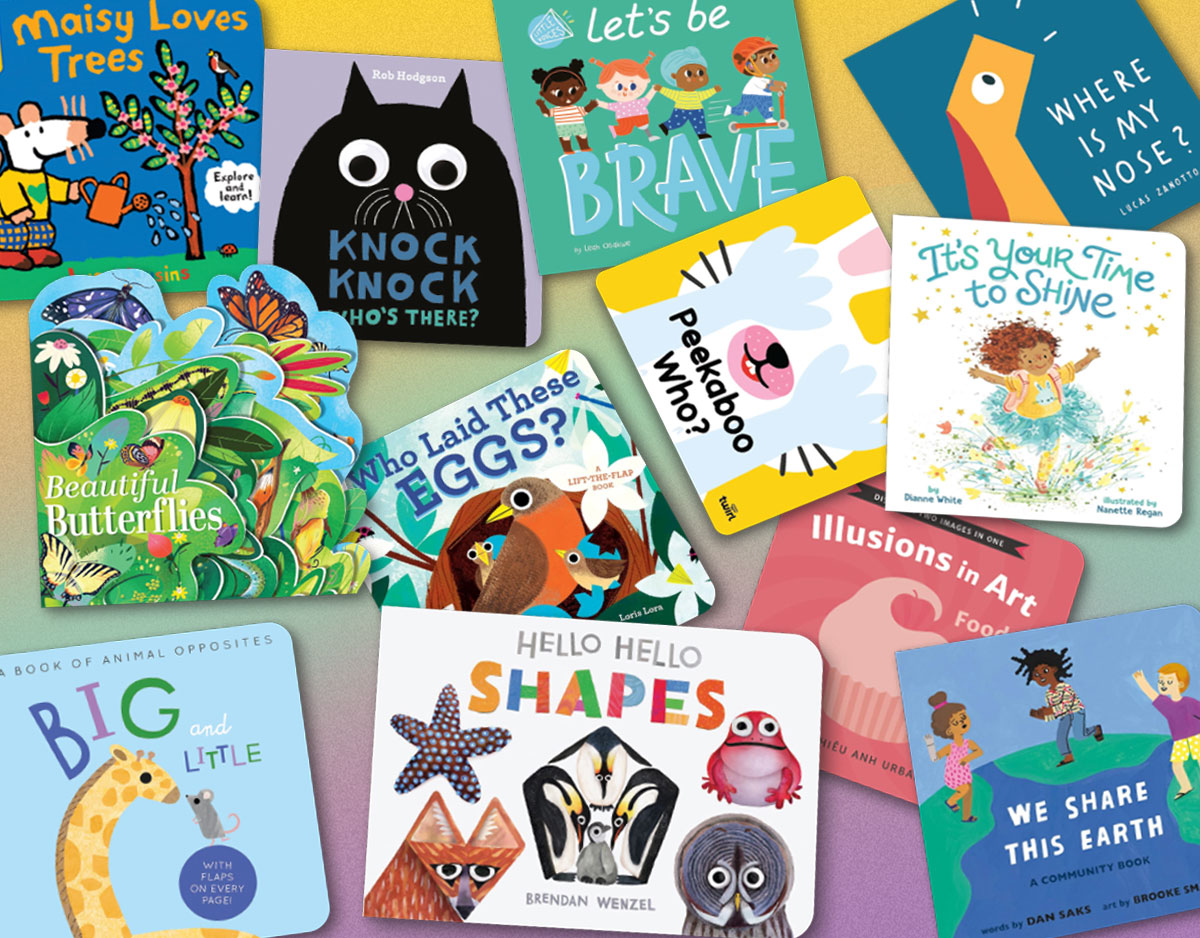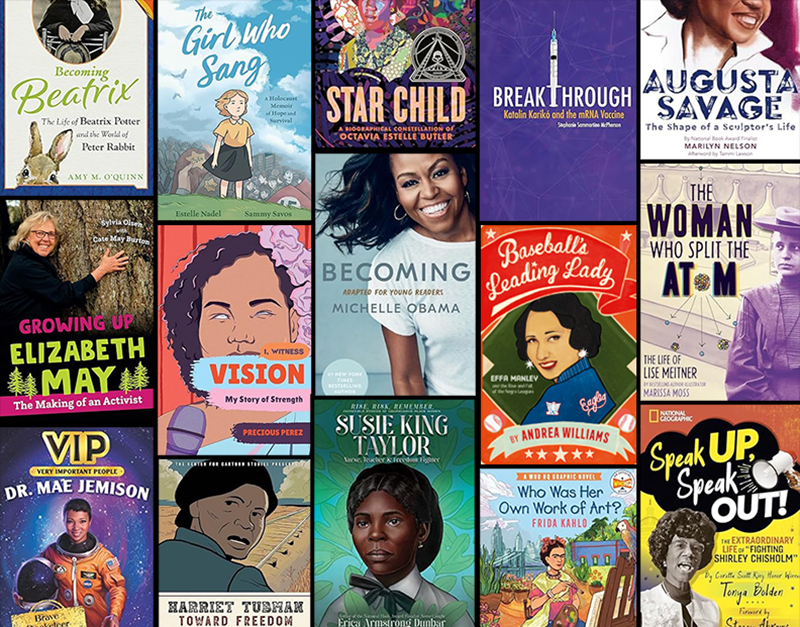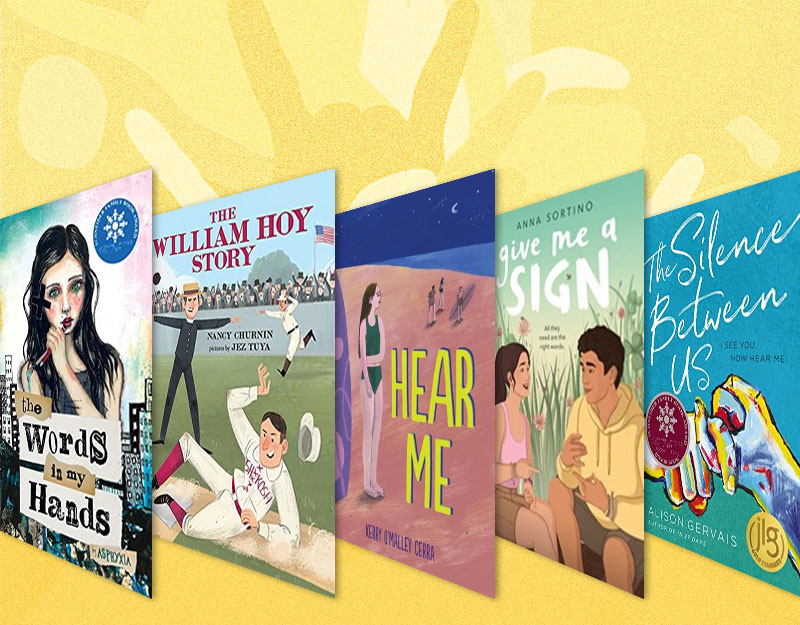#MHYALit: Seven Myths About Mental Illness, a guest post by author Paula Stokes
Today as part of the #MHYALit Discussion we are honored to host author Paula Stokes who discusses some of the myths that people have about mental illness.
Why do myths and stereotypes about mental illness persist? Why do people believe things that aren’t true? As someone with an undergraduate degree in psychology and a graduate degree in nursing, I’ve thought about this issue quite a bit. Here are some possible explanations:
We formulate incorrect ideas based on limited personal experiences.

Sometimes we’re just wrong about stuff. If my only direct knowledge of clinical depression came from observing a close friend who was diagnosed with it, and I watched that friend seem to get worse on his medicine, I might draw the conclusion that medicine isn’t helpful for depression. But there are a lot of flaws with that logic. My friend might have been incorrectly diagnosed. His physician might not have selected the medicine best suited for his particular case. He might have only tried one medication regimen before giving up. He might actually be worse off the meds, but hiding that information from me. Or maybe he really is someone who doesn’t currently need medication to manage his symptoms. But just because my friend is fine off his meds doesn’t mean other people with the same diagnosis will be too.
ADVERTISEMENT
ADVERTISEMENT
The media we consume exacerbates our incorrect preconceived notions.
We believe what we see—in books, in movies, in blog posts, on the news. The problem here is that all of those things are curated and manipulated to be what the creators consider “newsworthy” and/or a “good story.” That doesn’t necessarily mean they’re lying (although they could be), but it means they’re presenting skewed information instead of giving you unbiased facts. Both news and entertainment media tend to emphasize mental illness when it presents with extreme symptoms, because those are often viewed as more interesting or “clickable” stories.
We subconsciously reinforce our views with “selective perception.”
This phenomenon contributes to pervasiveness of almost all stereotypes. Once we accept something to be true, we’re more likely to hone in on evidence that backs up our beliefs, ignoring or downplaying contradictory information. Or, when evidence to the contrary is difficult to ignore, we’re more likely to justify it as being an outlier, not truly representative of reality. So if I think medicine doesn’t help depression, each time someone posts about how their meds affected them negatively, it registers in my mind, but I skip right past all the evidence of people who improved with medication.
How does all this affect the way we think about mental illness? Here are seven mental illness myths that many people believe to be true.
You can tell someone is mentally ill by looking at them.
This is just blatantly false. It might be tempting to diagnose the man sitting next to you on the train who is dressed inappropriately and talking to himself as mentally ill, but there are many organic causes for hallucinations and delirium—everything from a brain tumor to an infection to dehydration. Most mental illness does not look like Girl Interrupted or One Flew Over the Cuckoo’s Nest. My main character in Girl Against the Universe has PTSD and anxiety, along with some secondary unhealthy coping behaviors, and her pathology is not readily apparent to anyone. Even her own mother doesn’t realize how much she’s struggling until she has a crisis. The National Alliance on Mental Illness (NAMI) estimates that 1 in 4 adults and 1 in 5 teens experience mental illness in any given year. Take a look around. Mentally ill people look like you and me.
Therapy is just a bunch of talking about your feelings and your childhood.
It’s true that psychoanalysis, as made famous by Sigmund Freud, involves exploring your history and childhood, and most forms of psychotherapy will involve talking about your feelings. However, that’s not all the therapy experience is. Most clinicians give their clients subjective and objective tests to help diagnose them and determine the best course of treatment. Behavioral therapists use theories of classical and operant conditioning to help clients. One example of this is systematic desensitization to help with phobias. Under the monitoring of a clinician, clients are slowly exposed to the phobic stimulus, building up the degree of exposure as they become less afraid. Cognitive Behavioral Therapy (CBT), which is what my main character Maguire undergoes, incorporates ideas from both behavior and talk therapy. Maguire’s sessions—several of which are featured in the book—are a mix of discussing her negative thought processes and coming up with outside tasks that will help her get past her fears.
Therapy is only for the wealthy and those who can’t function.
I felt like this for a lot of years when I was younger. If you grew up in a “tough love” household, it’s possible you think that therapy is only for self-absorbed celebrities and people who are a danger to themselves or others. This just isn’t true. There are all kinds of licensed therapists who specialize in things like family therapy, career therapy, etc. Just because you’re “getting by” or “surviving” doesn’t mean you don’t need or deserve help. You only get one life. You should aim for thriving, not surviving. If you’re feeling overwhelmed with your life situation and/or your emotions, talk to your general medical doctor about getting a referral for therapy. If you don’t have an internist, talk to a counselor at school, a clergy member, or find support at NAMI.org.
Therapists want to put all of their clients on medication.
If anyone is trying to put clients on medication, it’s insurance companies. Medications are cheaper than therapy by far, and it’s true that a lot of insurance companies limit the amount of therapy sessions you can have. However, your therapist has no reason to push medication on you unless they think it will improve your symptoms. Listen to what they say and then make an informed decision. Even in a hospital setting, nurses and doctors can’t force you to take meds against your will unless they believe you’re a danger to yourself or others.
Psychotropic drugs make everyone fuzzy-headed or “a zombie.”
This is one myth I really wish that books and movies would stop perpetuating. Yes it’s true that some psych medications make people feel fuzzy-headed. So do some painkillers. So do some blood pressure meds. So do some antibiotics. It’s normal to start a medication and need your dosage adjusted due to side effects. I’ve taken antibiotics that made me lightheaded and the fix was as simple as changing the time I took the medicine from in the morning to before bed. Sometimes the fixes are a little more complicated—different or split doses, perhaps trying a different class of medication. Most side effects can be reduced or eliminated by working with your doctor and being honest about what you need. I’m not saying medication is right for everyone—just that there a lot of options. You don’t have to settle for a treatment regimen that saps your energy or clouds your inability to think clearly.
It’s impossible to live a meaningful life with mental illness.
Mental illness might make it harder—though not impossible—to pursue certain careers, especially those in the military, police force, etc., but being diagnosed doesn’t mean you can’t find happiness. People who have struggled with mental illness find romantic partners and engage in healthy relationships. They graduate from high school and college. They achieve success in a variety of careers. In the past ten years or so, some huge literary and Hollywood stars have talked candidly about dealing with mental illness—J.K. Rowling, John Green, Maureen Johnson, Kristen Bell, Demi Lovato, and Lena Dunham just to name a few. Mental illness doesn’t half to hold you back.
Mental illnesses are all incurable.
ADVERTISEMENT
ADVERTISEMENT
A lot of mental illnesses are incurable, at least right now, but that doesn’t mean they’ll be incurable forever. There’s a lot we don’t know about the brain, but we’re learning more every day. And just because an illness isn’t curable doesn’t mean we haven’t figured out treatment plans to manage symptoms so people can still live a normal life. And good news: longitudinal case studies have shown that it is possible to completely recover from some disorders, for example anorexia and Borderline Personality Disorder. Additionally, there are many cases where people with depression, anxiety, etc. needed medication at first but were able to reduce their dosages or quit taking it after engaging in therapy. Maybe they’re not “technically cured” but they’re happy and healthy, and that’s what really matters, right?
What other mental illness myths do you wish people would just get over?
Author bio:
Paula Stokes writes stories about flawed characters with good hearts who sometimes make bad decisions. She’s the author of several YA novels, most recently Vicarious and Girl Against the Universe. Her writing has been translated into eleven foreign languages. Paula loves kayaking, hiking, reading, and seeking out new adventures in faraway lands She also loves interacting with readers. Find her online at authorpaulastokes.com or on twitter as @pstokesbooks.
About GIRL AGAINST THE UNIVERSE:
Maguire is bad luck.
No matter how many charms she buys off the internet or good luck rituals she performs each morning, horrible things happen when Maguire is around. Like that time the rollercoaster jumped off its tracks. Or the time the house next door caught on fire. Or that time her brother, father, and uncle were all killed in a car crash—and Maguire walked away with barely a scratch.
It’s safest for Maguire to hide out in her room, where she can cause less damage and avoid meeting new people who she could hurt. But then she meets Jordy, an aspiring tennis star. Jordy is confident, talented, and lucky, and he’s convinced he can help Maguire break her unlucky streak. Maguire knows that the best thing she can do for Jordy is to stay away. But it turns out staying away is harder than she thought.
From author Paula Stokes comes a funny and poignant novel about accepting the past, embracing the future, and learning to make your own luck.
Social media links:
twitter.com/pstokesbooks
instagram.com/pstokesbooks
http://www.goodreads.com/book/show/22297294-girl-against-the-universe
Filed under: #MHYALit
About Karen Jensen, MLS
Karen Jensen has been a Teen Services Librarian for almost 30 years. She created TLT in 2011 and is the co-editor of The Whole Library Handbook: Teen Services with Heather Booth (ALA Editions, 2014).
ADVERTISEMENT
ADVERTISEMENT
SLJ Blog Network
Name That LEGO Book Cover! (#53)
Cover Reveal and Q&A: The One and Only Googoosh with Azadeh Westergaard
Exclusive: Vol. 2 of The Weirn Books Is Coming in October | News
Fighting Public School Book Bans with the Civil Rights Act
ADVERTISEMENT









I think this post is a really good article for people learning about Mental Health to read. The part that stood out to me the most was the part about formulating ideas based on our past experiences. I liked how the author mentioned that there is always more than one story at the end. Just because you witness a type of mental illness a certain way, doesn’t mean that someone else doesn’t have a completely different experiences. What other things make our ideas biased when it comes to mental illnesses?
Hear hear! Mental illness has such a bad rap out there and is so commonly misunderstood. I am a big believer in Cognitive Behavioural Therapy having found it very helpful myself. I like how it is explained here,https://www.teenlibrariantoolbox.com/2016/08/mhyalit-seven-myths-about-mental-illness-a-guest-post-by-author-paula-stokes/, that ‘the therapy assumes that it is not our life situations that shape our well-being, rather our thoughts and our relationship to them’. From the sounds of it Maguire responds well to this intervention. I am definitely going to get myself a copy of Girl Against the Universe – looking forward to reading it.